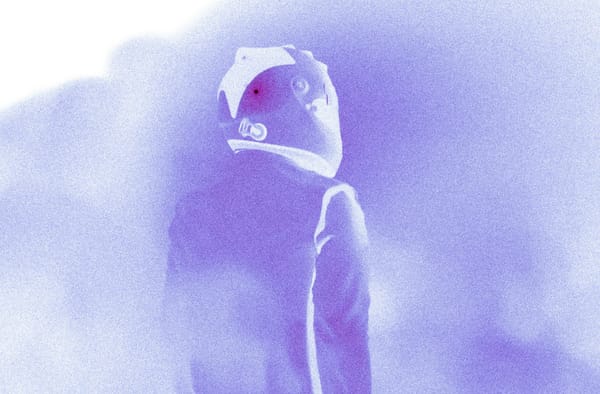Quiet - how does it impact the child

"Then the world went silent." I was watching a documentary on the effects of the pandemic on our planet. In particular, I was interested in what happened to other living species.
How did the Blue Whale react, for example?
It turns out that research has been conducted. Because humans were not there, the oceans were silent, resulting in a dramatic explosion of life.
Fish could swim further, longer and obtain better-quality food. Because there was no noise, they could communicate more and further. The end result was a significant increase in birth rates among all species.
Which led me to ask the question. Wouldn't this also hold true for humans?
We have approximately 17 births per 1000 people annually, a birth rate of 1.7%. Given the size of the population, that is a large number.
Many children are born in urban environments, amidst the chaos, noise, and pollution. They are affected not only by the pollution in the environment but also by the pollution in our homes. Our homes are certainly not silent.
So can this affect the health of the child?
The short answer is yes. Everything affects the child. We focus on nutrition, sleep, and perhaps exercise. We might not think so much about the noise and pollution in our environment.
We have come to accept those as normal parts of our lives. But if you notice, with the oceans being silent and less polluted, there was an explosion in the birth rates among species living there.
We might not need an increase in our birth rate, but an improvement in the health of a child would certainly be welcome. The weight of the baby at birth is one measure of health.
I am looking and will report as soon as I find it, if there is a difference in weight among children born in noisy urban cities as compared to more peaceful environments.
Reach out to me on twitter @rbawri Instagram @riteshbawriofficial and YouTube at www.youtube.com/breatheagain






